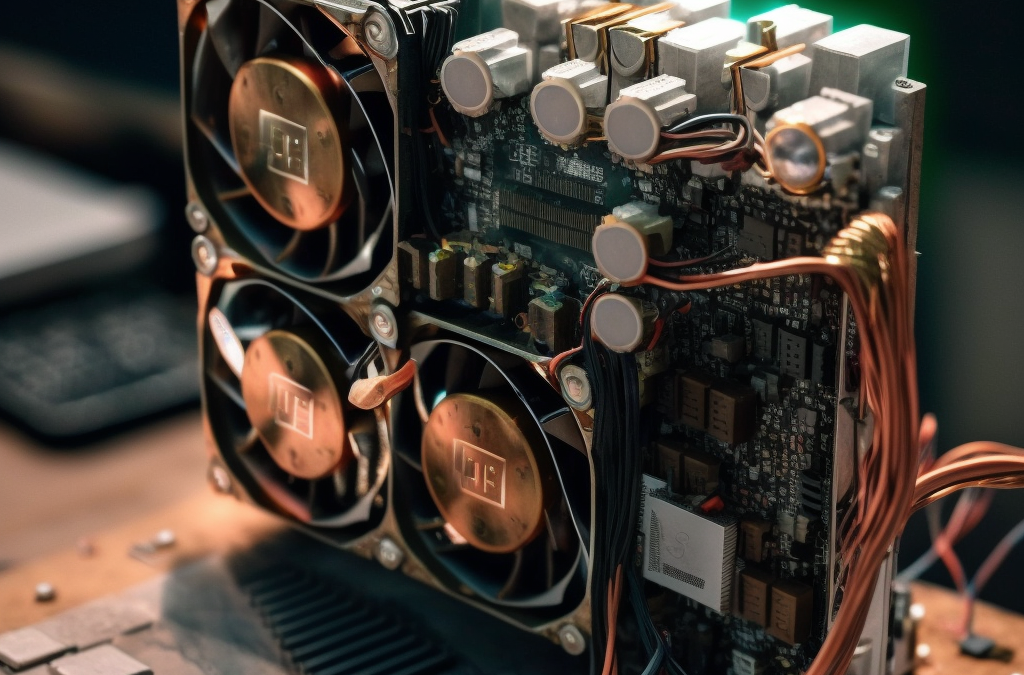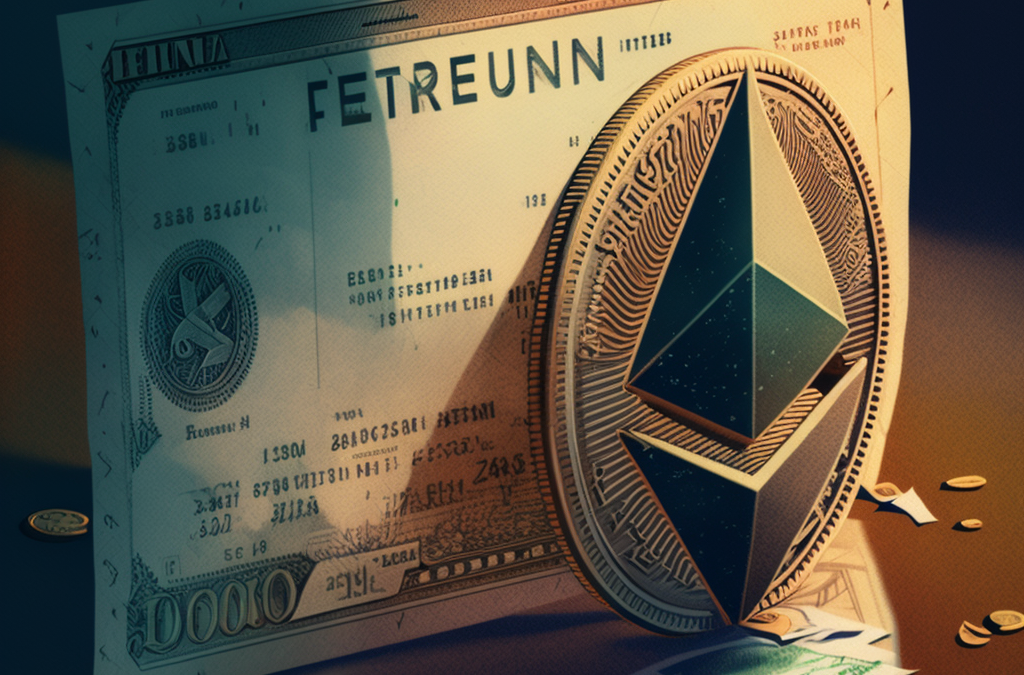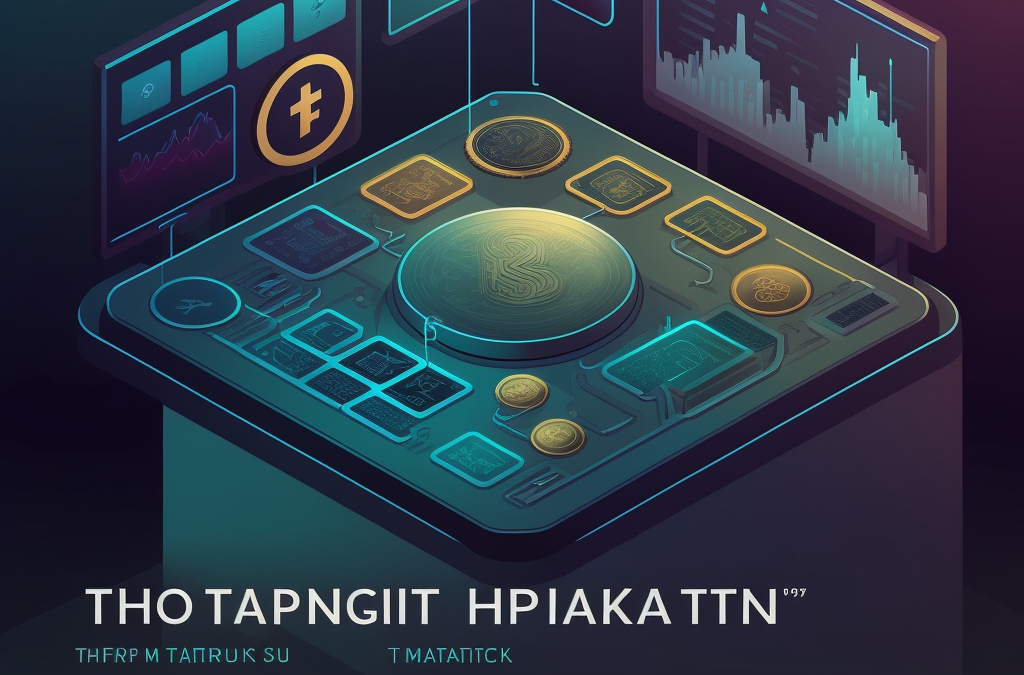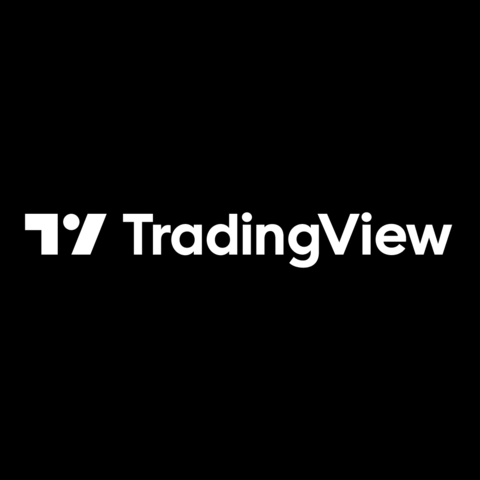BLOG
The world of digital assets has been revolutionized by the advent of Non-Fungible Tokens (NFTs). NFTs have gained immense popularity in recent years, enabling artists, creators, and collectors to tokenize and trade unique digital items. Central to the NFT ecosystem are NFT marketplaces, digital platforms that facilitate the buying, selling, and trading of these one-of-a-kind assets. In this blog post, we will delve into the concept of NFT marketplaces, exploring their purpose, functionality, and significance in the burgeoning world of digital collectibles.
Understanding NFTs:
Before diving into NFT marketplaces, let’s briefly recap what NFTs are. NFTs are cryptographic tokens that represent ownership or proof of authenticity of a unique item, whether it be artwork, music, virtual real estate, in-game items, or even tweets. Unlike cryptocurrencies such as Bitcoin or Ethereum, which are fungible, NFTs are indivisible and cannot be exchanged on a like-for-like basis. Each NFT possesses distinct attributes, metadata, and a verifiable history of ownership stored on a blockchain, typically utilizing the Ethereum blockchain.
NFT Marketplaces – An Overview:
NFT marketplaces act as digital platforms where creators can mint, list, and sell their NFTs, while collectors and investors can browse, discover, and purchase these unique digital assets. These marketplaces provide a centralized space for participants to engage in NFT transactions and offer a variety of features and services to facilitate these exchanges.
Key Features and Functionality:
1. Creation and Minting: NFT marketplaces offer creators the ability to mint their digital assets into NFTs. Artists can upload their work, add relevant metadata, determine pricing, and mint them onto the blockchain. This process establishes the provenance and authenticity of the NFT.
2. Listing and Discovery: Once minted, NFTs can be listed for sale on the marketplace. Marketplaces employ various categorization and search mechanisms to help collectors discover NFTs of interest. These platforms often curate featured collections or provide sections dedicated to specific categories like art, music, or gaming.
3. Auctions and Bidding: NFT marketplaces commonly offer auction functionality, allowing sellers to set a starting price and allow interested buyers to bid on the item. Auctions can enhance the value and excitement around NFTs, particularly for highly sought-after pieces.
4. Secondary Sales and Royalties: One of the unique aspects of NFTs is the ability for creators to receive royalties on secondary sales. When an NFT is resold on the marketplace, the original creator can earn a percentage of the sale price, ensuring ongoing value for their work.
5. Wallet Integration: NFT marketplaces integrate with digital wallets, which serve as secure storage for NFTs. Wallet integration allows users to connect their wallets to the marketplace, enabling seamless transactions and ownership management.
Prominent NFT Marketplaces:
Several NFT marketplaces have gained popularity in recent times. Some of the prominent platforms include:
1. OpenSea: OpenSea is one of the largest and most diverse NFT marketplaces, offering a wide range of digital assets, including art, collectibles, domain names, and virtual real estate.
2. Rarible: Rarible is a decentralized marketplace that allows creators to mint and sell NFTs without relying on intermediaries. It offers an open and permissionless platform for artists and collectors.
3. SuperRare: SuperRare focuses on digital art, showcasing curated collections from renowned artists. It emphasizes scarcity and exclusivity, with limited-edition artworks.
4. NBA Top Shot: NBA Top Shot is an NFT marketplace dedicated to basketball collectibles. It offers fans the opportunity to own and trade officially licensed NBA highlights in the form of NFTs.
5. Binance NFT Marketplace: Binance, one of the leading cryptocurrency exchanges, has also launched its NFT marketplace. It provides a platform for creators and collectors to engage in NFT transactions and supports various blockchain networks.
The Impact of NFT Marketplaces:
NFT marketplaces have brought about a paradigm shift in the art, collectibles, and digital asset industries. They offer creators new avenues for monetization and exposure, allowing them to directly connect with their audience and receive fair compensation for their work. Furthermore, NFT marketplaces have democratized ownership, enabling individuals from around the world to own unique digital assets that were previously limited to a select few.
However, it is essential to recognize the challenges and considerations surrounding NFTs and their marketplaces. Environmental concerns related to the energy consumption of blockchain networks, issues of copyright infringement and intellectual property rights, and the potential for market speculation and volatility are areas that warrant careful examination and regulation.
NFT marketplaces have ushered in a new era of digital ownership and creativity. These platforms provide a vibrant marketplace for artists, collectors, and enthusiasts to participate in the growing NFT ecosystem. By leveraging blockchain technology, NFT marketplaces ensure transparency, immutability, and provenance, thereby transforming the way we perceive, trade, and value digital assets.
As the NFT space continues to evolve, it is crucial for creators, collectors, and investors to navigate this emerging landscape with awareness and consideration. Whether you’re an artist seeking to tokenize your work or a collector looking to acquire unique digital assets, exploring NFT marketplaces can be an exciting and dynamic journey into the world of digital ownership.
Understanding the NFT marketplaces: A comprehensive guide to how they work is a great way to take ownership of your creations or collections.
Latest News from our Blog

Crypto Mining: Understanding the Basics
Crypto mining, also known as cryptocurrency mining, is the process by which new cryptocurrency coins or tokens are created and transactions are verified on a blockchain network. This process...

Exploring the Benefits of Ethereum: Why It’s One of the Leading Blockchain Networks
Ethereum is a decentralized blockchain-based platform that enables developers to create and deploy decentralized applications (dApps) and smart contracts. It is one of the most popular and...

Trading View Charts Essentials
Trading View is a web-based platform that provides traders with a variety of tools to analyze financial markets. One of the standout features of the platform is the Trading View Charts, which offer...



